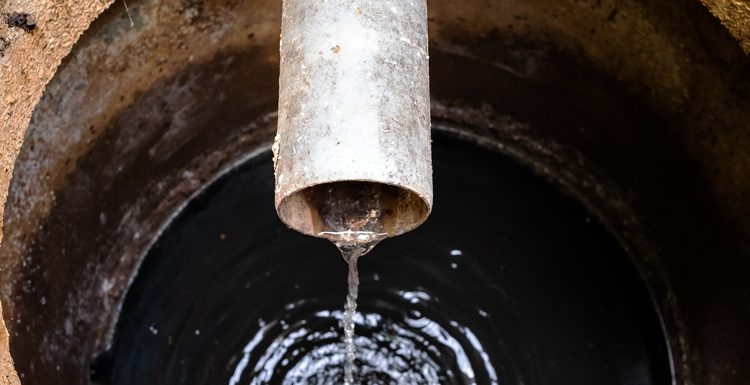According to the Environmental Protection Agency, the average American family of four uses about 300 gallons of water per day. That’s a lot of water flowing through your home’s sewer lines every day! Over time, all that water can lead to buildup and clogs in your sewer lines. It’s important to keep your sewer lines clear and flowing to avoid costly repairs or backups.
If you’re wondering how to keep your sewer lines clear and flowing, here are 10 tips:
- Know what not to flush– Only human waste and toilet paper should be flushed down the toilet. Disposable wipes, paper towels, feminine hygiene products, and other items can cause clogs. You should also avoid pouring grease, oil, or coffee grounds down the drain.
- Use strainers– Catch hair, food particles, and other debris before they have a chance to clog your drains. Simply place strainers in your sinks and showers and empty them into the trash regularly. You can also invest in a drain guard for your kitchen sink. This will help to keep food scraps from going down the drain.
- Run water regularly– If you have infrequently used drains in your home, make a habit of running water through them on a regular basis. This will help to keep any debris from settling and causing a clog. You can also pour a little bit of vinegar down these drains once a month to help keep them clear.
- Avoid using chemical drain cleaners– These products are harsh and can damage your pipes. Instead, try using a natural drain cleaner like baking soda or vinegar. Or, you can simply flush hot water down the drain to help break up any clogs.
- Be mindful of what you put down at the garbage disposal– Many people make the mistake of thinking that the garbage disposal can handle anything. However, there are certain things that you should never put down the disposal, such as grease, oil, coffee grounds, and eggshells. These items can cause clogs or damage the disposal. When in doubt, throw it out!
- Schedule a professional drain cleaning– The best way to keep your sewer lines clear and flowing is to have them cleaned by a professional on a regular basis. Depending on the size of your home and the number of people using the drains, you may need to have them cleaned once a year or every few years.
- Repair leaks promptly– Even a small leak can cause water damage and lead to clogs over time. So, it’s important to repair any leaks in your home as soon as you notice them. This will help to prevent any further damage and keep your sewer lines flowing freely.
- Use a plunger– If you do find yourself with a clog, don’t reach for the chemical drain cleaner right away. Instead, try using a plunger to see if you can dislodge the clog. Plunging is often all it takes to get your drains flowing again.
- Remove tree roots– Tree roots are one of the most common causes of sewer line damage and clogs. If you have trees in your yard, make sure they are well away from your sewer lines. You may also need to have your sewer lines inspected and cleaned more frequently if you have trees on your property.
- Watch for warning signs– Pay attention to any changes in your drains, such as slow drainage or water backing up into the sink or tub. These could be signs of a clog or blockage. If you notice any changes, don’t hesitate to contact a professional for help. That way, you can get the issue resolved before it leads to major problems.
By following these tips, you can keep your sewer lines clear and flowing and avoid costly repairs. If you have any concerns about your sewer lines, contact a professional for help. They will be able to inspect your lines and recommend the best course of action.
Do you have any other tips for keeping sewer lines clear and flowing? Share them with us in the comments below!

